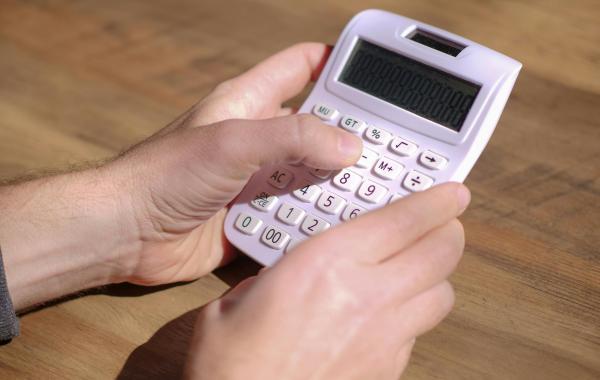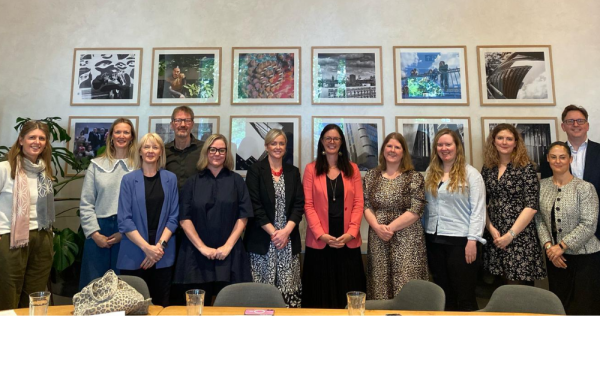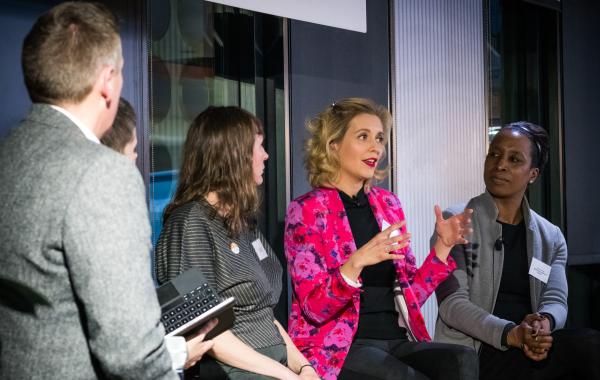I was standing behind a table at the school fair, selling donated clothes for £1, £2, £3 — nothing fancy. I had a money belt, and a steady flow of parents and kids looking for Boden bargains.
And yet, I felt panicked.
Each time someone handed me a note, I could feel the maths part of my brain start to melt. What’s the total? What change do I owe?
I muddled through, fumbling with coins and hoping no one noticed how flustered I was. But the truth is, I was worried they would notice that I’d get the change wrong, or worse, that they’d see through the smiles to that old, uncomfortable truth: I struggle with numbers.
Opening up about everyday maths anxiety
Later, as the fair calmed down, I chatted to a few other mums. It turned out I wasn’t alone. Several of us admitted — in that half-laughing, half-cringing way — that we’d felt the same surge of anxiety.
Not just about the coins, but about maths in general. Across all conversations that afternoon, I heard the same thing: smart, capable women – teachers, business owners, creatives, NHS staff – all admitting they feel anxious around numbers.
Everyday sums that made us hesitate, second-guess ourselves, or feel like we’re back in a classroom being told we’re “not good at maths.”
We covered it with humour, because that’s what we do. But underneath it was something real: a quiet shame, a long-held anxiety, and a sense that we’re the only ones still faking it.
But here’s the truth: we’re not alone — far from it.
In fact, around half of UK adults have low numeracy, and many of us feel anxious about using numbers. But crucially, it’s not a reflection of intelligence. It’s a reflection of opportunity — or the lack of it. Many of us simply haven’t had the support, encouragement or confidence to build those skills.
The financial confidence gap between men and women remains wide
National Numeracy’s research shows that the financial confidence gap between men and women remains stubbornly wide. Women are significantly less confident with numbers, less comfortable talking about money, and more likely to face challenges with everyday financial tasks. In fact, 17% of women report low number confidence, compared to just 6% of men.
This isn’t about being “bad at maths.” It’s about being underserved, under-supported, and often made to feel that it’s just us. But it’s not. And it doesn’t have to stay that way.
Why not start improving your own numeracy skills today?
That’s why National Numeracy exists — to help people build confidence with numbers in everyday life. Whether it’s handling money, helping with homework, or yes, giving the right change at the school fair — we all deserve to feel calm, capable and in control.
Start your number confidence journey today by checking out the National Numeracy Challenge
among other National Numeracy resources.
Photo credit: Sam Lion, Pexels








